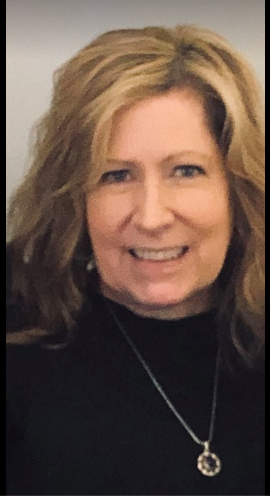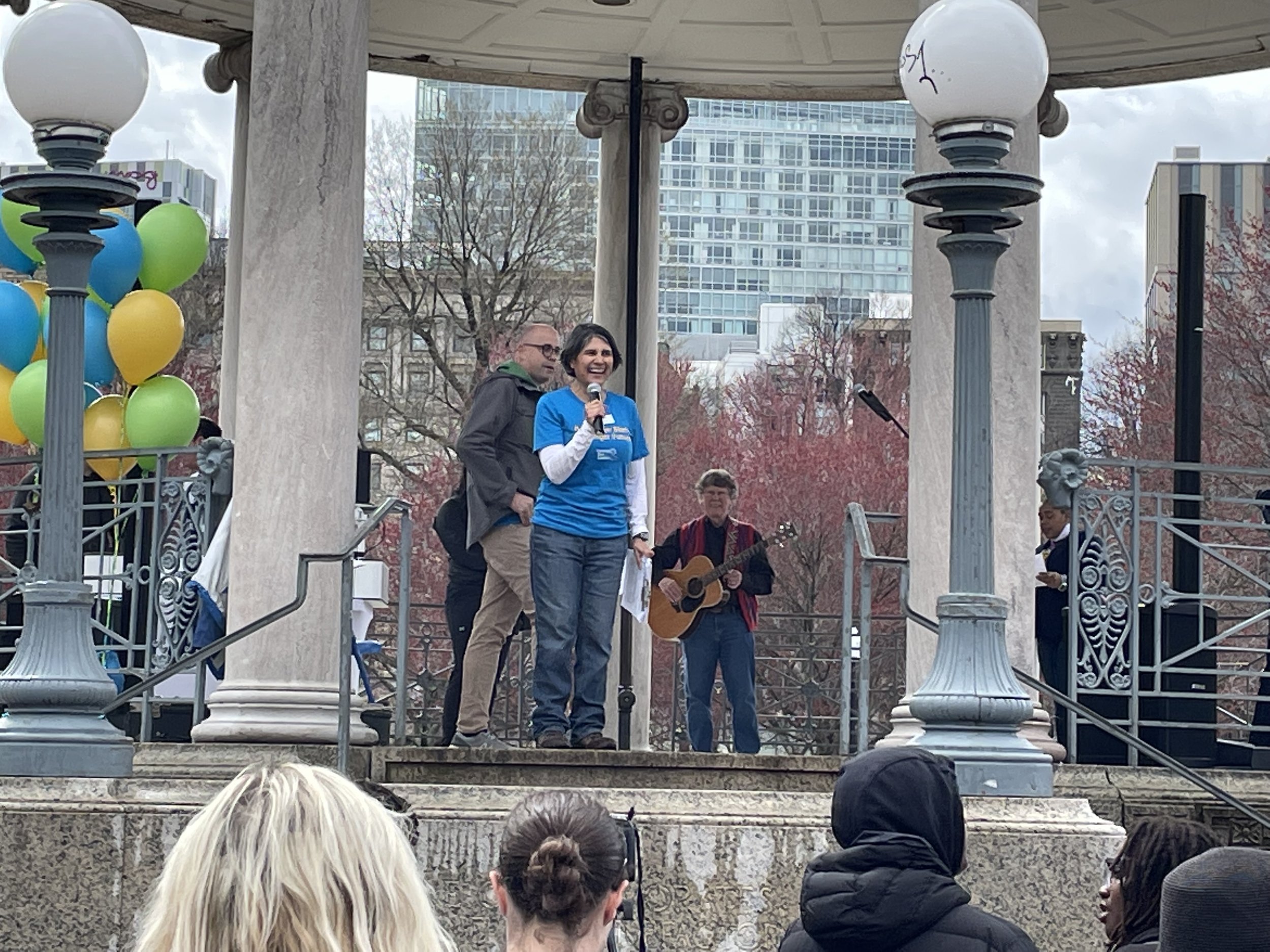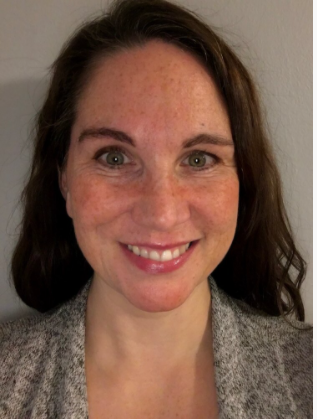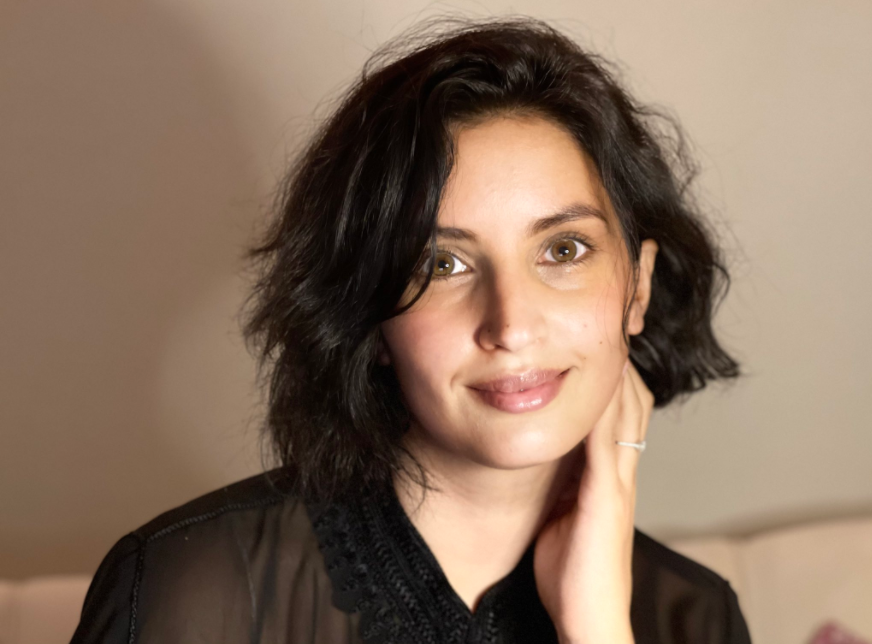Early Educator Spotlight Interview: Maureen Fitzgerald Morgan, Faculty Director of the Wellesley College Child Study Center.
This is part of a series of interviews of Early Childhood Educators and Administrators. This interview is of Maureen Fitzgerald Morgan, Faculty Director of the Wellesley College Child Study Center.
Question 1: What types of jobs and experiences have you had working in early childhood education and care?
I have been very fortunate to have a long and varied career in early education. Through college, I worked part time at Baylies Beginning Center, an integrated preschool on the grounds of what was then known as the MA Hospital School in Canton, MA. This position gave me some of my first experiences working with children with significant disabilities and health impairments with peers from my community. I began my professional career at Tufts Educational Day Care Center in Somerville, a campus-based early education program. From there, I became the Preschool-Kindergarten Coordinator at the John Hancock Child Care Center, a state of the art corporate, employee-sponsored setting that provided care for 200 infants, toddlers, preschoolers, and kindergarteners. At that time, there were no full- day, Kindergarten, nor after school programs available and the John Hancock Center was an extremely innovative model for employee driven Child Care.
When my own children began elementary school, I moved with them and became a teacher in the Attleboro Public School system as an integrated, dually certified preschool teacher. Over the span of my nearly 20-years with the Attleboro Public Schools, my positions included Special Education Teacher, Preschool Coordinator, and Team Chairperson. My public-school career was rewarding, and I enjoyed the opportunity to work with diverse supportive families, remarkable children, and a creative, committed staff of professional teachers and therapists. During this time, I became invested in supporting pre-service teachers, providing professional development opportunities, and exploring higher education options to help develop and foster the next generation of early education teachers. This shift in focus is what led me to my current position as Faculty Director of the Wellesley College Child Study Center. In this role, I am the leader of an exemplary preschool program for children ages 2-5, guide a team of early childhood experts, train and mentor student teachers and interns, and support the goals of student and faculty conducting research in child development. I am also a faculty member of the Education and Psychology Departments and assigned the role of Lecturer for several classes, including EDUC 200: Introduction to Early Education, EDUC 201: Introduction to Early Childhood Special Education, and PSYCH 299H: Internship in Child Development. Education has recently been approved as a new Major at Wellesley College and the work in this major has been embraced by the college community. This is an exciting time to work with Wellesley students as they contemplate a variety of career options that may involve direct work with children and youth.
Question 2. Were there any college courses, mentors, or professional development experiences that stood out as being helpful in your work?
I am a grateful and fortunate graduate of Lesley College and experienced unparalleled training and preparation for my career in teaching during my course of study. Mary Mindess, Lenore Parker, and Joanne Szmreta all helped to shape me, mentor me, and inspire me as a beginning teacher. I still reflect on their words of wisdom in my work with children today. In terms of professional development, my ED.M at the Harvard Graduate School of Education and my Post Master’s Certificate in Early Education Leadership, Policy and Practice at the University of Massachusetts Boston have been instrumental in both clarifying my goals and refining my leadership skills as I continue to work in this field that I love.
I’ve also benefitted professionally from Multi-Tiered Systems of Support (MTTS) and Social-Emotional Learning (SEL) trainings from both the Massachusetts Department of Elementary & Secondary Education (DESE) and the Massachusetts Department of Early Education and Care (EEC). These two organizations have been invaluable to me as a teacher and in my role supporting and mentoring my staff as well as my students. I also monitor and make use of the many resources from Harvard University’s Center on the Developing Child in my daily work with children, their families, and the early childhood educators I mentor and teach.
Question 3: How would you describe the mission of The Wellesley College Child Study Center?
The Child Study Center, founded in 1913, is the laboratory preschool at Wellesley College Psychology Department. The tripart mission of the Center is to provide an exemplary preschool program for children ages 2-5, to train teachers and researchers in best practices with young children, and to serve as a laboratory, classroom, and observation site for the faculty and students at Wellesley College. In fulfilling that mission, the Child Study Center works to improve the lives of all children.
The philosophy of the Center is that play is the work of children! Through play, children learn to navigate social relationships, test hypotheses about materials, develop spatial awareness, practice maintaining attention, extend critical thinking, and expand their imagination, creativity, and problem solving skills.
Teachers at the Center are experts in child development who value individual differences and believe all children are inherently good and capable. The learning environment influences the child’s development so we carefully craft an emergent curriculum with carefully designed classroom materials that are intentionally selected to provide meaningful experiences with authentic materials and activities to encourage inquiry, cooperation, and problem solving.
The Center places a high value on social emotional learning, on helping children develop meaningful connections with peers and teachers, on providing an environment where children feel safe, on remaining present with children and working with them in human time, and in creating partnerships with families. Teachers and administrators are invested in the future of Early Childhood Education.
Question 4: Do you think there are divides between different segments of the ECE community (example, teachers, administrators, policy makers, academic researchers) and if so, how do you think we can possibly bridge some of those divides?
I think our intent and endeavors are a collective desire to provide exceptional early education experiences for children and families and to elevate our profession while advocating for a worthy wage. The research based focus on early brain development and the critical importance of social emotional learning in the early years has brought different sectors together. I believe the biggest barrier to leveling the playing field for the many constituents has to come through federal, state, and local funding, and possibly from the business community. The field cannot improve nor can it be accessible to all based on the parents ability to pay. There has to be an increase in public investment. We must pursue improvements and accessibility with the same intensity we apply to post high school educational opportunities. There is not a singular path to a 4-year degree, community college, 2-year program, education in the trades, service years, or internship; these options should all be more accessible to our young adults. Those parents who struggle with the costs of early education now, will also need to help their high school graduates with these post high school costs in 15-18 years from now. They may also be simultaneously charged with caring for their elderly and aging parents. This is a tremendous, multi-tiered challenge for the lifeblood of our work force and needs swift and immediate national attention.
Question 5. What makes you optimistic about the future or ECE and what do you think are the biggest challenges to improving quality?
I am optimistic because I believe understanding the needs of young children and families has benefited from multiple, inter-disciplinary professions. Childhood and early education are being viewed through multiple lenses: education, medicine, economics, law, justice, and sociology - to name a few. Every person has had a childhood. Therefore there is a collective investment in how we move forward to care for and educate our young children and families. The challenges continue to be what they have always been: cost, quality, and access and scaling programs equitably and universally.
Question 6: What advice would you give to a young person first starting off in the field of early childhood education and care?
Continue to enjoy your work! Your relationships with children and families will yield the highest returns. Take advantage of professional development opportunities. Find a place to incorporate self-care and mindfulness in your personal life and with the children in your care. Look for the helpers, the colleagues, the mentors; they want you to succeed. And always remember the children who are the most challenging to teach, are often the ones who need you the most.





